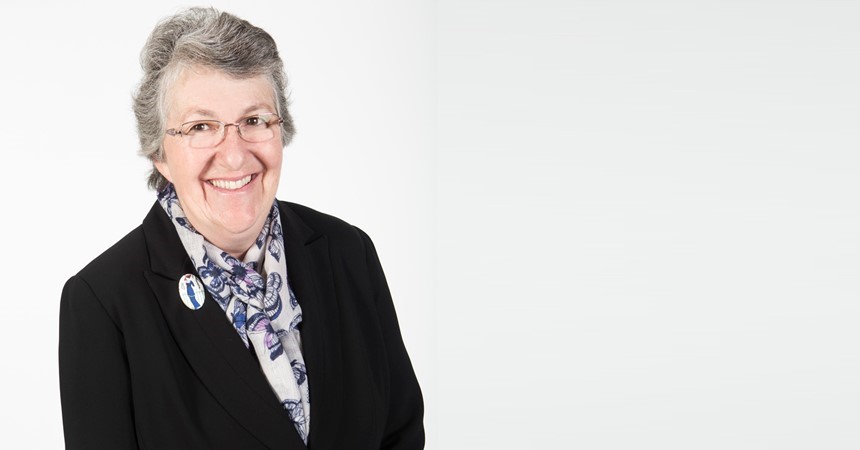The festival marks the start of National Refugee Week celebrations. The philosophy of inclusion, diversity and love celebrates the strengths that cultural diversity brings to the Newcastle community. Thank you to the City of Newcastle, the University of Newcastle, STARTTS (Service for The Treatment and Rehabilitation of Torture and Trauma Survivors) and the Newcastle Multicultural services sector for sponsoring the event. There were a variety of cultural food stalls, music, dancing and family friendly activities. The Festival began with a march around Foreshore Park, with the beating of drums, and with the various community groups who support migrants and refugees marching behind their banners. Jo McGregor from STARTTS and the committee are to be congratulated and thanked for organising and ensuring this festival takes place.


 Uncle Bill Smith, an Aboriginal elder welcomed people to country while inviting them to pass through the smoke and spoke strongly of our need for respect, welcome, dignity and equality.
Uncle Bill Smith, an Aboriginal elder welcomed people to country while inviting them to pass through the smoke and spoke strongly of our need for respect, welcome, dignity and equality.
This year’s theme for World Refugee Day (20 June) is Together we heal, learn and shine. The day celebrates the strength and courage of people who have been forced to flee their home country to escape conflict or persecution. It is an occasion to build empathy and understanding for their plight, and to recognise their resilience in rebuilding their lives. I hope during this week that you are at least aware of those refugees who live in your community and reach out to them. I cannot imagine what it would be like if I was forced to flee Australia with my family and to start again.
During some of my weekly readings, I came across the following reflection by Rev Anne Hewitt in the Ecumenical South Australian Council of Churches Prayers & News. Not only did is speak to me of Refugee Week but also of our Diocesan Synod.
David responded to God’s call by being himself. Humble in his role as shepherd, he delivered the supplies and visited his brothers. He listened, learnt from both sides, considered his ability and experience, and responded. He did not think of being a hero. Merely, using his skills learnt in his daily life, to confront an extraordinary experience. These ‘smooth stones’ of normality sat easily with him. Setting aside the ‘amour’ that was not of his way, he followed his calling, the ‘smooth stones’ of learned wisdom. It enabled him to do something extraordinary. (1 Samuel 17:(1a,4-11, 19-23), 32-49)
-
- Call - David knew and took up his staff
- Listen – David listened and understood the situation
- Learn – He learned from the past, and embedded it in the present
- Consider – David considered, in faith, and found courage in the moment
- Respond – David took up his staff and five smooth stones of wisdom
And the ‘Goliath’ was felled by smooth stones.
As we enter into Refugee Week, we are reminded of the ordinary folk, who when faced with the Goliath of war, injustice, cruelty, and oppression, fled with the life experiences they had, to build a future with their ‘smooth stones’ of wisdom – who they are, what they have learnt, how they can create a better ‘home’, and their hope that they can offer peace and new beginnings in this tangled world.
May our Goliath of idealism be decimated by the wisdom of justice.
May the practice of God’s love grow stronger than policies that hurt and demean people.
May God’s Way help us see clearly our stepping stones towards peace.



She then goes on with the following Hand Prayer beginning with the thumb, holding each finger as you pray each Smooth Stone:
You, God of all, call each of us as individuals,
knowing us better than we know ourselves.
Silent prayer of consideration
5 Smooth Stones
Call – What is my call?
Listen – What have I heard from the whole situation?
Learn – What have I understood and embedded in my life?
Consider – How does my faith help me find courage in the moment?
Respond – How then shall I live?
Where then, can we use our ‘smooth stones of wisdom’ that are part of our living and being, to bring about your realm of love and family, here in this time, O God?
Silent prayer
All that we are, we offer to you now…
All that we have learnt, please use it now…
All that we can do to further your justice and kindness, engage us now…
Help us to hear your call, and understand where we too, can use our five smooth stones of wisdom, the simple everyday way we live, to bring about change and new beginnings for all in these extraordinary times.
One of the resolutions adopted at Session Two of our Diocesan Synod in the Mission and Outreach Foundation invites us to do more for people on the margins:
3.10 – That parishes and agencies of the diocese embrace the teachings of Pope Francis regarding those on the margins, especially the poor, and reach out to all those suffering as a result of “the social ills of inequality, injustice and exclusion that afflict so many”. (Pope Francis, 30 Sep 2020)

I believe we are being called to listen, learn, consider and respond as part of our Diocesan Synod and the Plenary Council. We are certainly at a crossroads of praying
 these 5 Smooth Stones for our Church, our nation and our world.
these 5 Smooth Stones for our Church, our nation and our world.
Teresa Brierley
Director Pastoral Ministries
22 June 2021

